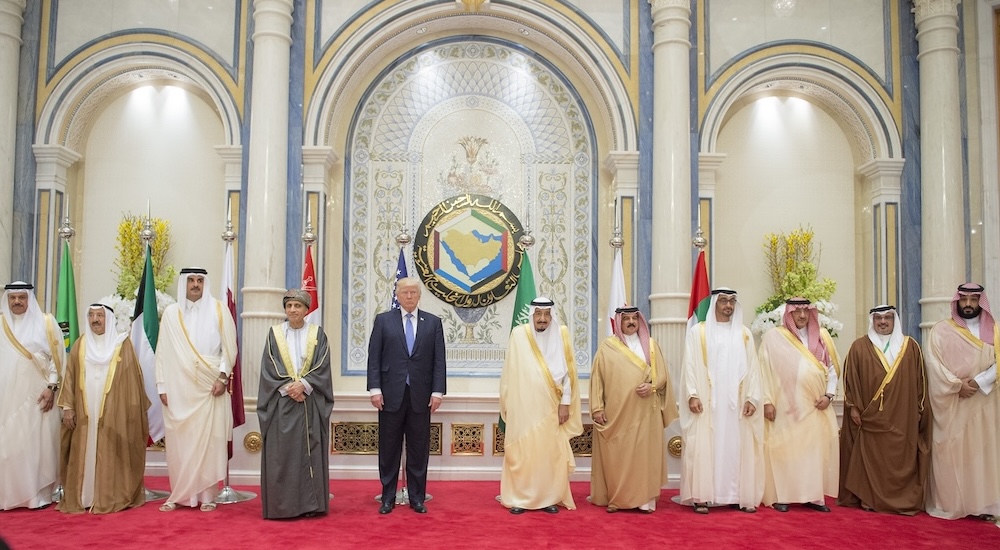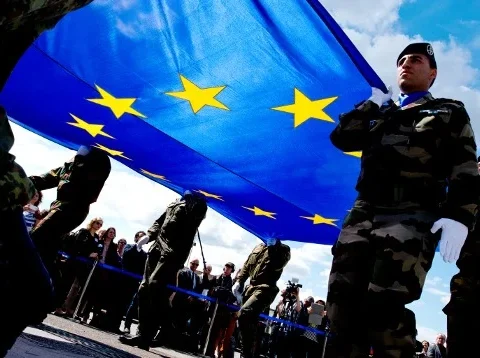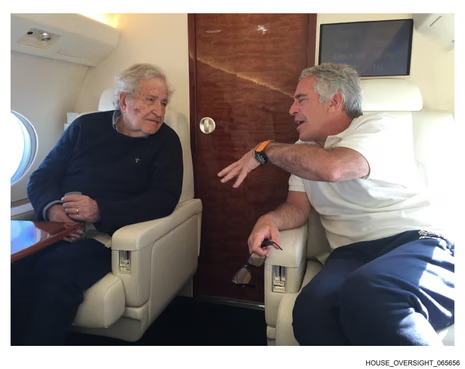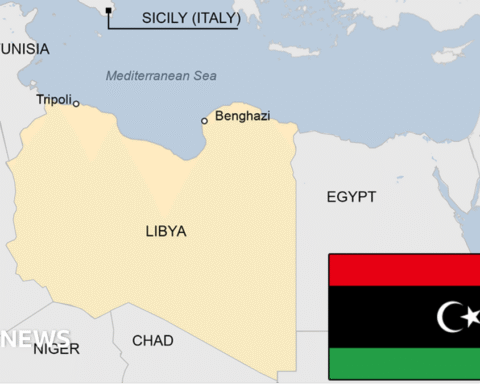A regional peace deal is an attractive prospect but will remain elusive without a durable ceasefire in Gaza and progress towards a Palestinian state.
The 12-day conflict between Israel and Iran in June diverted attention away from Israel’s unrelenting military campaign in Gaza, where over 57,000 Palestinians have been killed in 21 months. However, since Israel and Iran agreed to a ceasefire on 23 June this year, the US has pressed for the renewal of negotiations between Israel and Hamas. It has also sought to re-energize the Abraham Accords by seeking to include Syria, while also reportedly planning to revive direct talks with Iran.
The prospect of a wider peace deal that addresses the Middle East’s multiple security dilemmas may look attractive – and possible, given the new regional environment. But the Trump administration should not be distracted by the thought of landing a grand but elusive prize. Instead, it should prioritize securing a durable ceasefire in Gaza. Ending the violence, relieving the humanitarian catastrophe, returning the hostages and rebuilding Gaza – politically, socially and materially – must be the focus right now.
Shifting regional Dynamics
The scale of suffering in Gaza is staggering. Around 93 per cent of the population faces acute food insecurity, and even accessing aid has become life-threatening. Gaza Humanitarian Food’s (GHF) four distribution points are extremely dangerous, with civilians risking death to access their facilities. Israeli airstrikes continue unabated, with over 130 targets hit in a 24-hour period on 6 July, resulting in dozens of civilian casualties in Gaza City and Muwasi.
President Donald Trump’s renewed focus on Gaza, following the Iran ceasefire, is a welcome shift. On 1 July the president announced that Israel had accepted the conditions for a proposed 60-day ceasefire and urged Hamas to follow suit. Negotiations between Israel and Hamas, mediated by Qatar and the US, resumed on 6 July in Doha, with US special envoy Steve Witkoff due to arrive in Doha in the coming days.
Trump’s meetings this week with Israeli Prime Minister Benjamin Netanyahu at the White House highlight the urgent priority Washington has placed on ending the conflict, even if the encounter failed to deliver a ceasefire announcement. On 10 July, Trump expressed cautious optimism that a deal could be struck ‘this week or next,’ despite reports that negotiations had stalled.
At the same time, Israeli and US military strikes on Iranian nuclear facilities have changed the regional security dynamic, creating considerable uncertainty but potentially opening space for creative diplomacy.
The UAE has since advocated for an expansive regional security framework that includes Iran and Turkey. While this vision is commendable, it risks diverting attention and resources from the core issue: the unresolved status of Gaza and the broader Palestinian question. The devil is in the detail; and the detail is Gaza.
A pragmatic approach and the Gulf States
Lana Nusseibeh, the special envoy of the UAE minister of foreign affairs, has emerged as a key voice in advocating for a pragmatic and principled approach to the conflict in the enclave. Last year, she called for a temporary international mission to address the humanitarian crisis, restore law and order, and lay the groundwork for governance.
She argued that Gaza needs a time-bound, politically anchored stabilization mission led by a credible coalition with US and Arab support. Crucially, she framed the initiative not as a substitute for Palestinian self-determination, but as a necessary bridge toward a reformed Palestinian Authority and a viable two-state solution. Her remarks reflect a Emirati willingness to assume a more assertive diplomatic role in shaping post-conflict governance in Gaza.
Separately, in a recent op-ed in the Financial Times, Nusseibeh emphasized the need for a more comprehensive and durable peace framework – one that not only addresses the immediate crisis in Gaza but also includes broader regional dynamics, notably Iran. She framed the Gaza crisis as symptomatic of a wider failure to establish a sustainable regional security architecture and suggested that any long-term solution must involve dialogue with all key regional actors, including Iran and Israel, to prevent future escalations and foster stability.
Indeed, regional dynamics continue to evolve. President Trump’s decision on 30 June to lift sanctions on Syria, encouraged by Riyadh, marks another shift. It signals a calculated gamble by Saudi Arabia to draw Damascus out of Tehran’s orbit. And it opens the door – albeit cautiously – to a US-driven pathway toward Syrian normalization with Israel.
Reports of secret meetings between Syrian and Israeli officials in Abu Dhabi (denied by both parties) suggest that Gulf Arab capitals are increasingly driving the tempo of peace efforts, often outpacing the initiatives coming out of Washington. They reflect a growing belief among Gulf Arab leaders that regional stability requires reimagining old enmities through economic integration and strategic realignment – even if that means engaging with long-time adversaries behind closed doors.
However, such long-term goals must not come at the expense of addressing the acute crisis in Gaza. Peace built on shaky foundations is unlikely to last. Without first resolving the Gaza conflict, stopping settler violence, halting Israel’s creeping annexation of the West Bank and establishing a viable path to Palestinian statehood, any regional framework will be incomplete, and likely unstable.
Efforts to deliver a complex comprehensive framework have enjoyed little success in the past – and in far more promising circumstances. Even after the liberation of Kuwait in 1991, when the US was the unquestioned global superpower and many regional states were weakened and depleted, it was beyond the reach of Washington to deliver on the promise of the Madrid Peace Process.
Trump may feel triumphant at present, but he may not have the temperament, capacity or political will to force through a comprehensive peace. Instead, he should focus on Gaza. This means securing a durable ceasefire, addressing the humanitarian catastrophe, and laying the groundwork for a two-state solution. It means supporting initiatives like Nusseibeh’s proposed stabilization mission and ensuring that Palestinian voices are central to any post-conflict governance plan. And it means recognizing that regional peace cannot be built on the ruins of Gaza.






